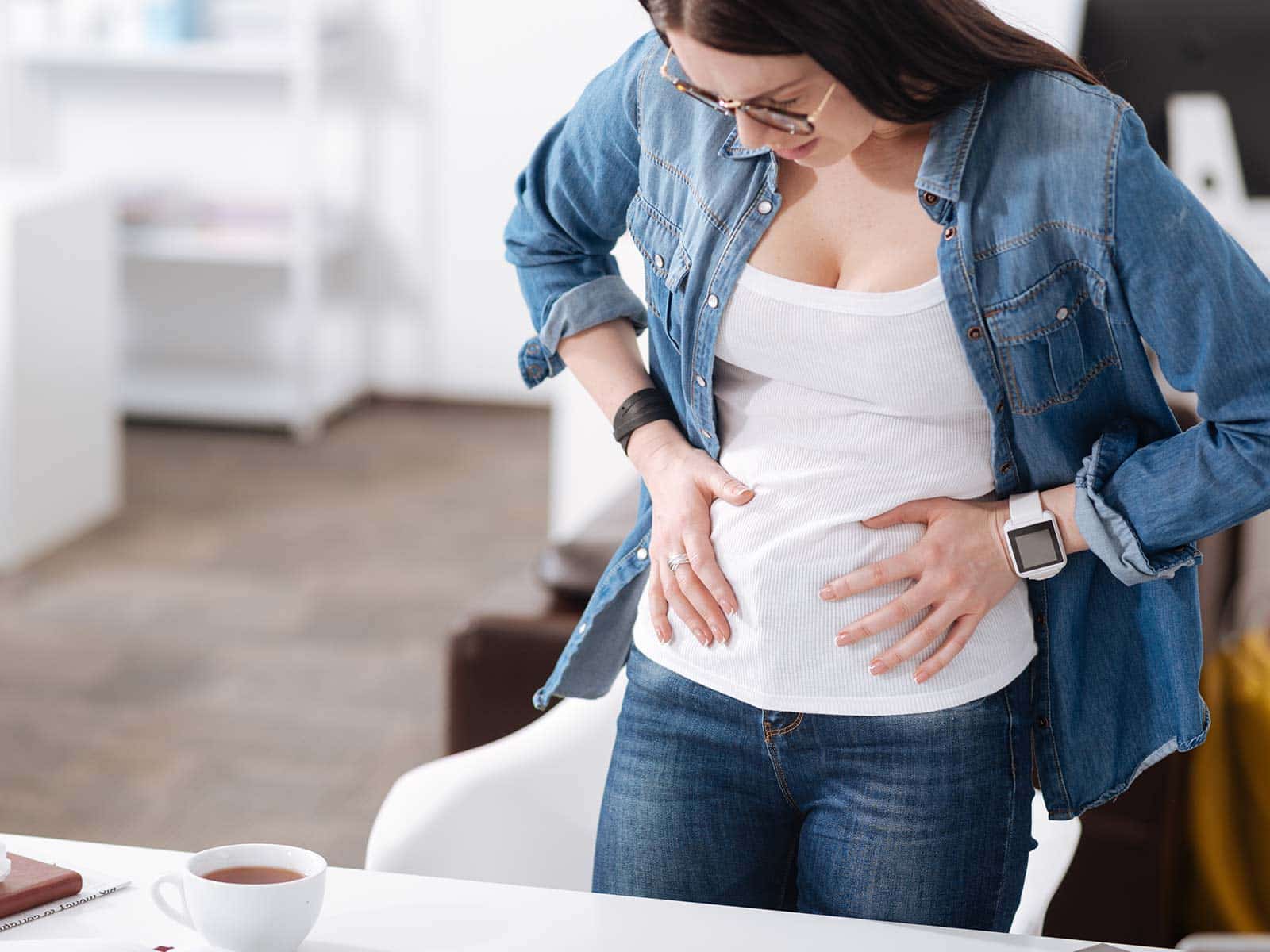
Abdominal distension refers to the appearance or size of your stomach being larger than the normal size. Not only bloating-mad can be stretched by gaseous emission, fluid buildup or pressure within. This swelling might be visible and tight isolated or fulfilled.
Individuals experiencing abdominal distension would report:
A possible cause of this condition is numerous:
GastroDoxs is a Jersey Village based clinic that is offering an integration of professional diagnostic tests and individualized abdominal distension and digestive abnormality treatment as per your needs. Our caring staff will be providing on-site testing, straightforward explanations, and prolonged assistance to acknowledge permanent relief. Ready to feel better? Plot your reservation today and start making your first step towards a more comfortable healthier you.
We've successfully treated more than 381 patients, helping individuals improve their digestive health and overall well-being through expert, personalized care.
With over 20 years of experience, GastroDoxs has been a trusted provider of gastroenterology care, focusing on delivering the best outcomes for patients
Abdominal distension is the medical term that relates to the swelling of the belly or abdomen which is noticeable or palpable and is usually resulting due to abundance of gas, fluid buildup, or an elevation in the pressure of the digestive tract. It may: This can be the indication of underlying digestive or infection discomfort or inflammation or a medical issue.
A subjective experience of fullness or tightness in the abdomen is termed bloating, while an objective abdominal size increase that can be observed and measured is termed as distension.
The terminology of ICD-10 assigned with the case of abdominal distension is R14.0, which clinicians and insurers uses to provide documentation and billing.
Yes. Abdominal distension and gastrointestinal motility stagnation may occur in some patients who have Turner syndrome and other genetic disorders wherein conditions slows down gas areas or develops in the subset of the body inside of the abdomen of the body.
The common causes would be overeating, high-salt diets, carbonated beverages, swallowing of air, irritable bowel syndrome (IBS), constipation, fluid overload (ascites), and food intolerances such as lactose or gluten sensitivity.
The post operation care usually includes the movement, eating little frequently, prescribed special drugs to provide gut motility, and monitoring to reduce complications.
Yes. Swelling trapped air or gas, colic or formula intolerance to infants is frequent with distension. Light belly rubs and formula displacement instances would help out.
A gastroenterologist should be consulted in instances where swelling extends more than a few days, is accompanied by ensuing excruciating pain, vomiting, loss of weight, being unable to breathe and/or eat normally.
The vast majority are benign and treated by diet therapy or change in lifestyle. Nevertheless, acute abdominal distension and acute pain or other alarming signs should cause an immediate doctor visit.
Yes. Companies such as eating fewer meals, less salt and carbonated drinks, low-FODMAP foods, hydration and physical activity among other strategies can majorly help to reduce symptoms.